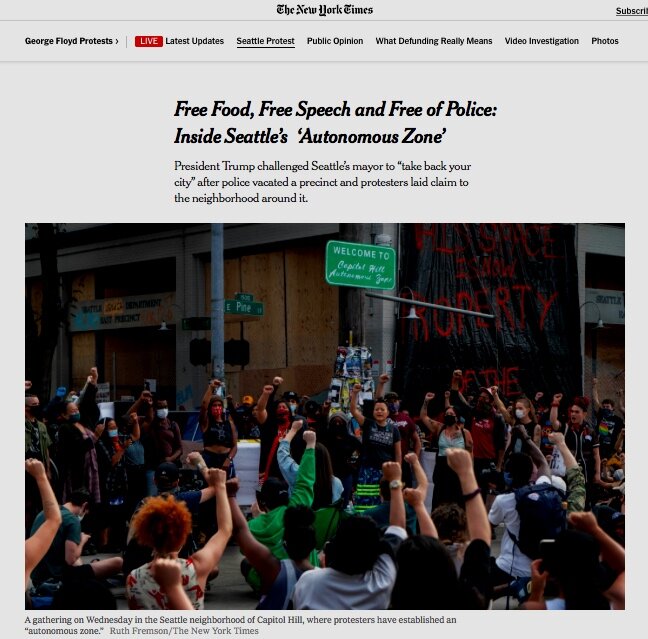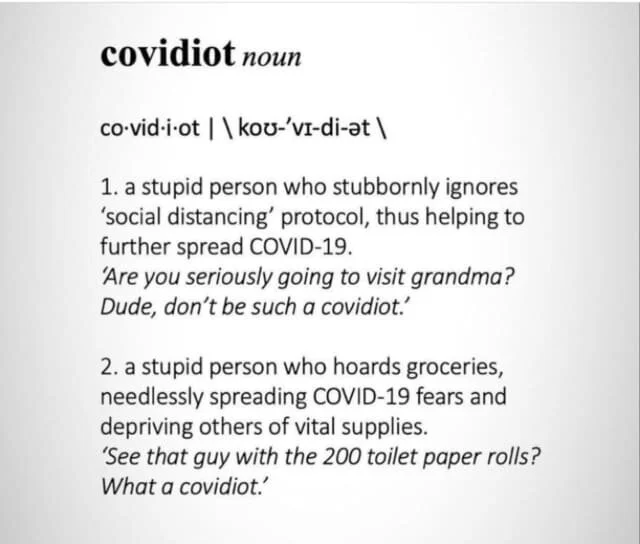Consent is obviously extremely important. I would never want to live in a world without it, and I don’t think any of us would. The critique I have of consent is not an attempt to get rid of it, but rather an attempt to theorize frameworks that we need in addition to consent, so that our sexual communities can be safe, inclusive, and just. We cannot do have safety, inclusivity or justice without interrogating and changing what we want, and therefore any framework that relies solely on our currently-existing preferences will be inadequate. We have to change what we want as a culture. My claims here are not intended as a guide for how individuals should ethically behave. Part of the problem with consent as a framework is its over-reliance on individuals to behave ethically, rather than looking, at the collective level, at how sex and power operate. Correspondingly, the critiques of consent cannot just imagine themselves as having implications for individuals. We need to change our culture—change how our culture excludes, and puts social pressure on us to enthusiastically consent to (or request) certain things and not others, with certain people and not others. As a consequence, our sexual choices often reproduce systemic exclusions, problematic social categories, and antiquated norms.
Various commentators have questioned the validity and/or efficacy of consent as a holistic ethical framework concerning sex. Some radical feminists have claimed that true consent is impossible under structural conditions of power imbalance (and these are highly pervasive in our society), while others have observed that consent fails to call into question the way that power relations frequently inform the very things we want and choose, and that consent fails to address how our very choices may be deeply racist, classist, sexist, ableist and/or otherwise exclusionary. Recently, Amia Srinivasan—a philosophy professor at Oxford—has observed how consent culture has tended to justify and reinforce what people already want, even when those things are racist, classist, sexist, homophobic, ableist, etc.
There is a long, troubling history of how powerful governments, elite social classes, and other top-down institutions set about to shape sexual preferences in the nineteenth and twentieth centuries, and these practices were pretty much a ubiquitous aspect of the development of industrial, colonial powers. What you had were all kinds of stratifications based upon race, class, gender of course, and sex—both measurements of people’s “self-control” and constructions of people’s sexual desirability—was used as a mechanism for making and maintaining these distinctions. For example, black men were stereotyped as being sexually unrestrained, and were persecuted based on the anxiety that they posed a threat to white women’s purity. Women have been policed in their sexual behaviors, and pressured to behave as if they lacked sexual desires, and deviation from these behaviors have been pathologized as “unfeminine.” Anti-miscegenation laws made it a crime for people to engage in mixed-race sex and partnership, and decades of stigma have brought sexual policing to the level of peer-pressure and self-enforcement. And these regulations, pressures, roles and stereotypes went on to inform our sexual desires and sensibilities. It’s no coincidence that much of the stuff that people feel comfortable (or enthusiastic) about corresponds with policed social roles, categories and hierarchies. We have a gendered, racialized and classed “political economy” of sex, where certain people are thought to be the pinnacle of beauty and desirability, while many others are lower down in the sexual hierarchy. We also have highly gendered expectations about who does the asking and who does the permission-granting, and this also highly limits our ability to venture out from socially-scripted roles and scenarios.
So the problem with consent is really part of a bigger problem in a culturally-manipulated democracy, where, in the words of Noam Chomsky, consent is manufactured by the powerful. Too often, free choice is not a reflection of radical autonomy, but of top-down structures that produce our subjective preferences and means of evaluating choices and experiences.
The result isn’t just unjust, but also very limiting for the chooser. When we insist that all sexual behavior should be pre-negotiated and enthusiastically consented to from the outset, we run the risk of confining people to doing the same stuff in an endless pleasure loop with the diminishing returns of desensitization. Of course, done well, consent practices can make people feel *more* open to trying new things because they feel safe and listened to, and we shouldn’t ignore this fact. But approached uncritically, the dictate that we always enthusiastically consent to everything may mean for many, many people that they are prevented from trying things that they’re a bit unsure about, or don’t know if they’ll enjoy. Instead of exploring new things, enthusiastic consent can be used as justification for endlessly exploiting what you already know, and most sex-positive people know that this doesn’t necessarily lead to a fun or satisfying sex life. Perhaps, then, in addition to consent (not instead of it), we need a culture that empowers people to try new things and to experiment. Experimentation doesn’t always lead to nice discoveries, but sometimes it does, and so ideally we can forge a consent culture that makes room for both safety/comfort, and also exploration.


















